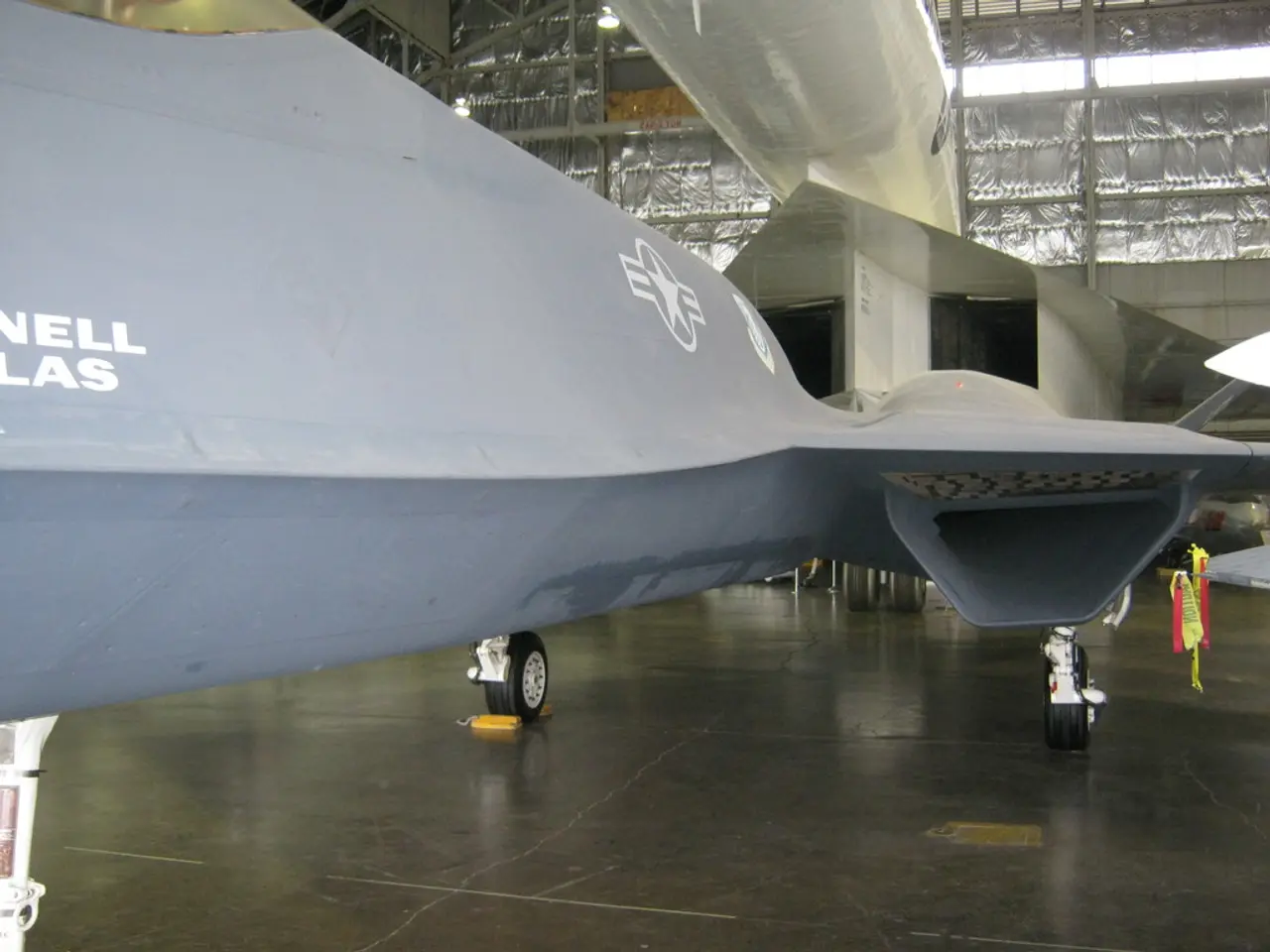AI implementation in airline ticket pricing sparks debate
In the world of aviation, Delta Air Lines is making waves with its plans to implement artificial intelligence (AI) in pricing one-fifth of its domestic flights by the end of the year. However, this innovation has raised concerns among U.S. lawmakers and privacy advocates, who have questioned the airline's approach to personal data and potential discrimination.
Marlon Hyde, reporting for NPR, is in Atlanta, where he delves into the potential use of AI by Delta Air Lines to set airfare prices. According to a Delta spokesperson, the airline does not use personal information to create individualized fare offers, complying with all applicable pricing and privacy regulations.
The AI tool, according to Laurie Garrow, who leads the air transportation lab at Georgia Tech, is an evolution of the dynamic pricing model airlines have been using for decades. The technology considers factors such as booking time, destination market, weather, and past purchasing behavior. For instance, if a customer often buys first- or business-class tickets, the AI tool may increase prices for those tickets.
However, some U.S. senators are concerned that information like social media activity, financial status, and biometric data could find their way into the AI pricing tools through third-party channels. These senators have sent a letter to Delta, asking for more details about the AI expansion, and want answers by August 4.
Ian Brown, a 21-year-old student, expresses concern that the AI tool may perceive his frequent flights with Delta as a willingness to pay more. He believes that if he needs to find a cheap flight, he should not be charged more based on the AI tool's determination.
On the other hand, Ms. Sims, visiting her home in Atlanta from the University of Kentucky, suggests that if Delta Air Lines used AI, they could offer her a more affordable ticket. She flew with Delta Air Lines for $450-$500 during spring break.
The debate over AI-driven pricing is not unique to Delta. According to Laurie Garrow, 20 airlines around the world are already using or looking into this technology. Regulatory frameworks in regions like the EU impose stricter rules on personalized pricing, such as under GDPR, where airlines must justify such practices under a "legitimate interest" principle and could face legal challenges if consumers feel discriminated against.
Despite these concerns, Delta Air Lines remains committed to its AI-driven pricing strategy, viewing it as the wave of the future. However, the potential privacy, fairness, and transparency implications of AI-based pricing systems continue to be under scrutiny by lawmakers and privacy advocates.
The technology of artificial intelligence (AI) is expanding beyond just setting airfare prices for Delta Air Lines, with over 20 global airlines considering its implementation.News reports indicate that some U.S. senators are keen on understanding the transportation sector's use of AI in pricing, with concerns about potential data privacy breaches and artificial-intelligence-based discrimination.




